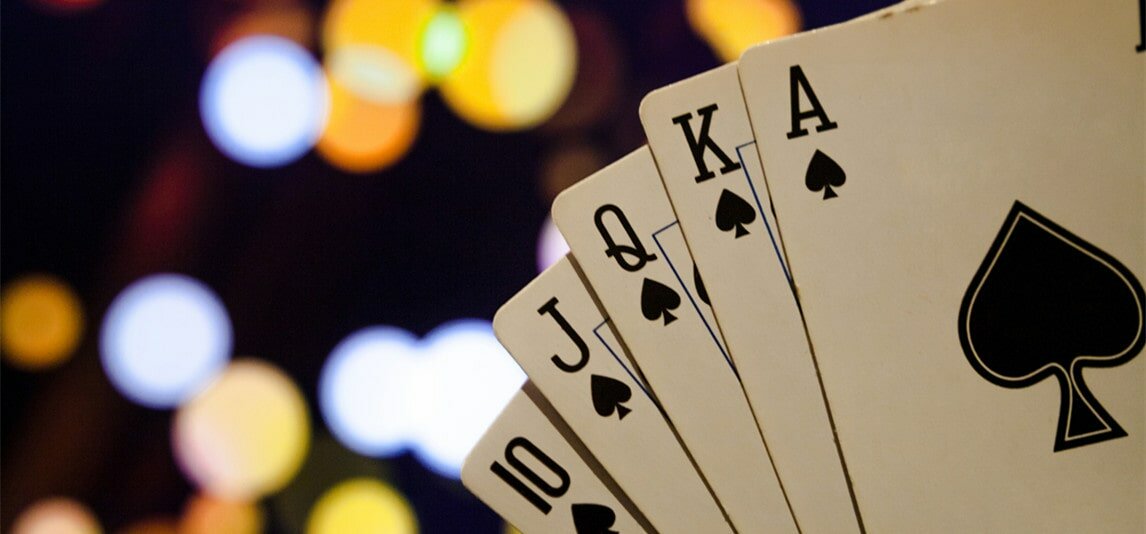The Role of Probability in Casino Games: Understanding the House Edge
Casino games offer an exciting mix of chance, strategy, and entertainment. At the core of these games is probability, which determines the outcomes and financial fortunes of both players and casinos. In this article, we delve into the important role probability plays in casino games and how it gives rise to the house edge—an essential element that shapes the entire gaming industry.
Understanding Probability in Casino Games
Random Outcomes
Casino games are specifically designed to generate random outcomes, making it impossible to predict the result of each bet or spin with certainty. To comprehend and calculate these unpredictable outcomes, probability serves as the mathematical framework employed.
Probability and Odds
Probability is a measure, typically expressed as a percentage or fraction, of the likelihood of a specific event occurring. In contrast, odds are used to express probability as a ratio. For instance, if there is a 1 in 6 chance of rolling a particular number on a six-sided die, then the odds would be stated as 5 to 1 against.
House Edge
Understanding the house edge is essential in probability and online casino ireland gaming. It refers to the statistical advantage that casinos have over players in a specific game. The house edge is given as a percentage and represents the average profit that casinos can expect to make from each bet over time.
Examples of Probability in Casino Games
- In the game of roulette, the likelihood of the ball landing on a particular number or color is determined by the number of possible outcomes and the design of the wheel. For example, in American roulette, there are 38 potential outcomes consisting of numbers 1 to 36 along with 0 and 00. This results in a house edge for the casino at around 5.26%.
- In the game of Blackjack, probability plays a crucial role in determining the best strategies. Players utilize probability calculations to make strategic decisions such as when to hit, stand, double down, or split their hands. Following the principles of basic blackjack strategy involves using mathematical calculations to maximize the likelihood of winning.
- Slot machines work based on a random number generator (RNG), which determines the result of each spin. The machine is programmed with the probability of hitting different symbol combinations, including jackpots. The house edge for slot machines generally ranges from 2% to 15% or even higher, depending on the specific game.
- Craps is a popular dice game where players place bets on the result of the dice rolls. The probability of rolling specific numbers and combinations determines the odds for different bets. The advantage that the house has in craps, also known as the house edge, varies depending on the type of bet placed, with some bets offering lower odds to the house than others.
Managing Probability and the House Edge
Although the casino always has a long-term advantage, it doesn’t determine individual outcomes. In the short term, players can still have successes or failures, but in the long run, the house edge ensures that the casino comes out ahead. To navigate the influence of probability and the house edge, players can consider:
- Understanding the odds and probabilities of the games they play.
- Using strategies and betting systems to make informed decisions.
- Setting limits on their gambling budget to minimize losses.
- Casino games for entertainment rather than as a means of generating income.
Conclusion
Probability plays a crucial role in casino games, influencing the outcomes and determining the house edge. Although casinos always have an advantage over players in the long run, having a good understanding of probability empowers individuals to make informed decisions, implement strategies, and enjoy the excitement of casino gaming responsibly. Whether playing for fun or seeking a lucky streak, having a basic grasp of probability enhances the overall casino experience.







